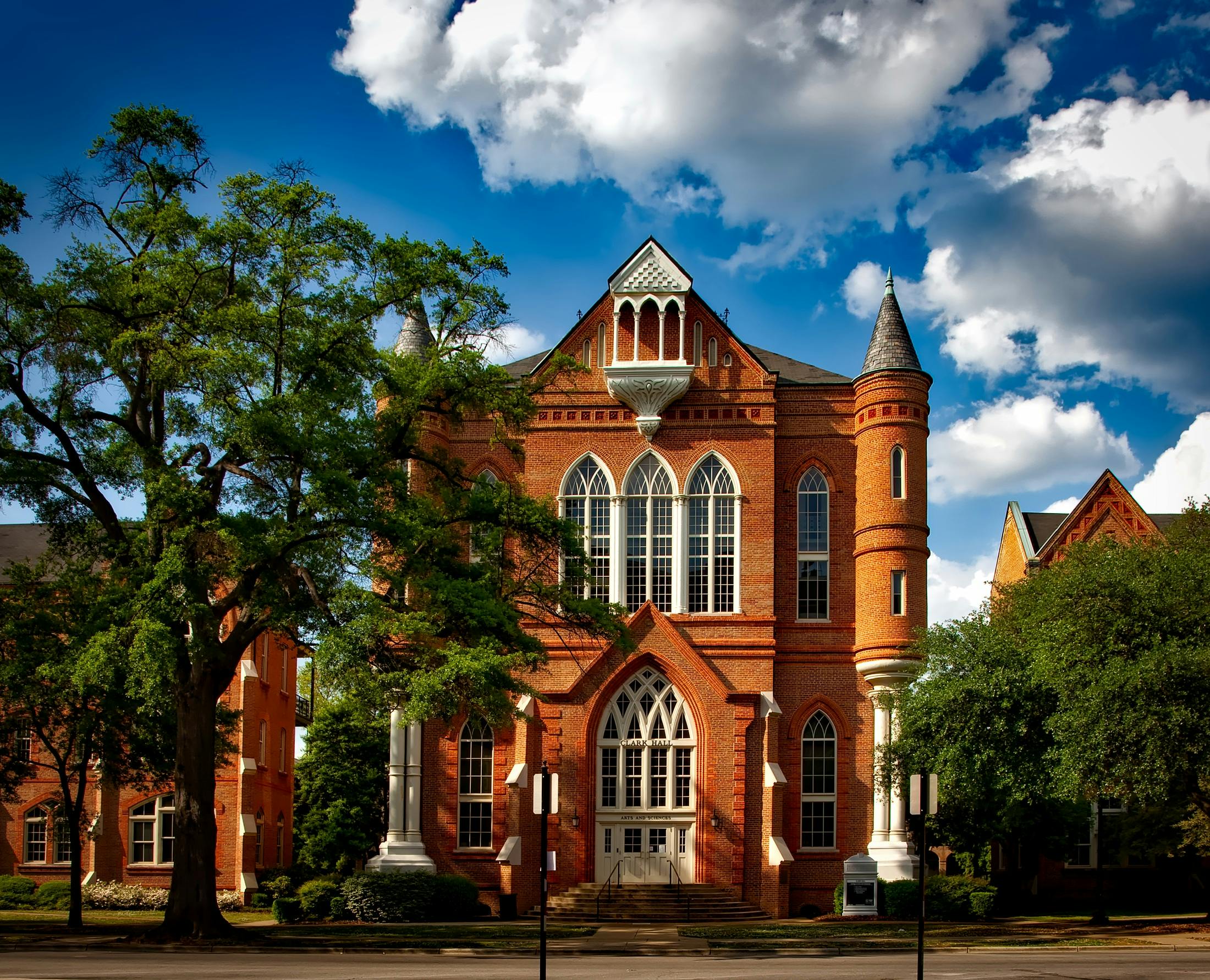Ever wondered why people behave the way they do in different social contexts? That’s where sociology comes in. Sociology is the study of society, social institutions, and social relationships. It helps us understand how human behavior is shaped by the social context in which it occurs. In the USA, sociology offers invaluable insights into the workings of society, from historical developments to contemporary issues. Let’s dive into the fascinating world of sociology in the USA and explore its significance, evolution, and impact.

History of Sociology in the USA
Early Beginnings
Sociology in the USA started taking shape in the late 19th and early 20th centuries. While it drew inspiration from European thinkers like Auguste Comte and Emile Durkheim, American sociology quickly developed its own unique identity. The University of Chicago established the first sociology department in 1892, setting the stage for the formal study of sociology in the USA.
Key Figures in American Sociology
Several influential figures have left their mark on American sociology. W.E.B. Du Bois, for instance, conducted groundbreaking research on race and inequality, while Jane Addams applied sociological principles to social work and urban reform. These pioneers paved the way for future sociologists and significantly contributed to the field.
Evolution Over the Decades
Over the decades, American sociology has evolved in response to changing social landscapes. From examining urbanization and industrialization in its early days to addressing issues like globalization and digital society today, the field has continually adapted and expanded its focus. Each era has brought new theories and methodologies, enriching the discipline and broadening its scope.
Major Sociological Theories in the USA
Functionalism
Functionalism views society as a complex system whose parts work together to promote solidarity and stability. Pioneered by Talcott Parsons, this theory emphasizes the importance of social institutions in maintaining social order. It’s like thinking of society as a machine where each part has a specific function to keep it running smoothly.
Conflict Theory
Conflict theory, influenced by Karl Marx, focuses on power dynamics and struggles between different social groups. It highlights how economic inequality and social conflict shape society. C. Wright Mills’ work on the “power elite” is a notable contribution to this theory, shedding light on how power is concentrated among a small group of elites.
Symbolic Interactionism
Symbolic interactionism, developed by George Herbert Mead and Herbert Blumer, examines how individuals interact and create meanings through symbols. It emphasizes the subjective aspects of social life and the importance of human agency. Imagine society as a theater where everyone plays roles and communicates through symbols and gestures.
Feminist Theory
Feminist theory addresses how gender inequality shapes social structures and individual experiences. Scholars like bell hooks and Patricia Hill Collins have expanded this theory to include intersectionality, examining how race, class, and other factors intersect with gender. It’s like peeling back layers to understand the multiple dimensions of identity and oppression.
Sociological Research Methods
Quantitative Methods
Quantitative methods involve using statistical techniques to analyze numerical data. Surveys, experiments, and secondary data analysis are common quantitative approaches used to study social phenomena. Think of it as sociology’s way of crunching numbers to uncover patterns and trends.

Read More: https://readzos.com/exploring-harvard-university-history-programs-admissions-and-campus-life/
Qualitative Methods
Qualitative methods focus on understanding the meaning and experiences of individuals. Techniques such as interviews, ethnography, and content analysis provide in-depth insights into social processes and contexts. It’s about capturing the richness and complexity of human behavior through detailed narratives and observations.
Mixed-Methods Approach
The mixed-methods approach combines quantitative and qualitative techniques, offering a comprehensive understanding of complex social issues. This approach allows researchers to draw on the strengths of both methodologies. Imagine combining a microscope and a telescope to get both the detailed and the big-picture view.
Key Areas of Study in American Sociology
Family and Marriage
Sociologists study family structures, marriage patterns, and the impact of family dynamics on individuals and society. This area explores issues such as divorce, parenting, and changing family roles. It’s about understanding how the smallest unit of society operates and evolves.
Education
Education is a crucial area of study, examining how educational institutions affect social mobility, inequality, and individual development. Research in this field addresses topics like educational attainment, school segregation, and the role of teachers. It’s like looking at the blueprint of how societies educate and shape future generations.
Religion
Religion is analyzed in terms of its social functions, the role it plays in individuals’ lives, and its influence on social cohesion and conflict. Sociologists study religious beliefs, practices, and institutions. It’s about understanding the spiritual glue that holds societies together.
Economy and Work
This area examines the relationship between the economy and society, focusing on labor markets, work conditions, and economic inequality. Topics include unemployment, job satisfaction, and the impact of globalization on work. It’s like examining the engine that drives societal progress and its effects on people.
Race and Ethnicity
Race and ethnicity are central themes in American sociology. Research explores issues of racial identity, discrimination, and the social construction of race. Studies often address the experiences of minority groups and the impact of racism on society. It’s about shedding light on the deep-seated issues of race and their social implications.
Gender and Sexuality
Sociologists investigate the social construction of gender and sexuality, examining how these identities shape individuals’ lives and social institutions. Topics include gender roles, sexual orientation, and the intersection of gender with other social categories. It’s like exploring the diverse spectrum of human identity and its societal impact.
Sociology and Public Policy
Influence on Legislation
Sociological research informs public policy by providing evidence-based insights into social issues. Sociologists often engage with policymakers to address problems such as poverty, education reform, and criminal justice. It’s about turning sociological knowledge into practical solutions for societal challenges.
Social Programs and Reforms
Sociology plays a role in designing and evaluating social programs aimed at improving societal well-being. Research in this area assesses the effectiveness of interventions and suggests improvements. It’s like being the social doctor, diagnosing issues and prescribing remedies.
Sociology in Academia
Prominent Sociology Departments
Several universities in the USA have renowned sociology departments, including the University of Chicago, Harvard University, and Stanford University. These institutions are known for their influential research and academic contributions. It’s like the think tanks where sociological knowledge is generated and nurtured.
Notable Academic Journals
Academic journals such as the American Sociological Review and Social Forces publish cutting-edge research and theoretical developments in the field. These publications are essential for advancing sociological knowledge. Think of them as the chronicles of sociological discoveries and debates.
Contributions to Interdisciplinary Studies
Sociology intersects with various disciplines, including psychology, anthropology, and political science. This interdisciplinary approach enriches sociological research and broadens its impact. It’s like sociology being the social hub, connecting with other fields to provide a holistic understanding of society.
Contemporary Issues in American Sociology
Social Inequality
Social inequality remains a critical issue, with research focusing on income disparity, access to resources, and social mobility. Sociologists examine the structural factors contributing to inequality and propose solutions. It’s about addressing the gaps and ensuring a fairer society.
Immigration
Immigration studies explore the experiences of immigrants, the impact of migration on societies, and the policies governing immigration. Research addresses topics such as assimilation, transnationalism, and border control. It’s about understanding the movement of people and its social ramifications.
Criminal Justice
The criminal justice system is a major area of study, with sociologists investigating issues such as mass incarceration, police practices, and judicial processes. Research aims to identify and address injustices within the system. It’s about seeking justice and fairness in the way laws are enforced and upheld.
Health Disparities
Health disparities research examines the unequal distribution of health outcomes across different social groups. Sociologists study factors such as socioeconomic status, race, and access to healthcare to understand and mitigate these disparities. It’s like being the social health expert, diagnosing and addressing health inequities.

Impact of Technology on Sociology
Digital Sociology
Digital sociology explores how digital technologies and the internet shape social interactions, identities, and communities. This field examines issues such as online behavior, cyberbullying, and digital activism. It’s about navigating the digital landscape and its effects on society.
Social Media and Online Communities
The rise of social media has transformed how people communicate and form communities. Sociologists study the effects of social media on relationships, self-presentation, and public discourse. It’s like exploring the virtual neighborhoods and their social dynamics.
With the increasing use of big data, issues of data privacy and ethics have become prominent. Sociologists analyze the implications of data collection and surveillance on individuals and society. It’s about ensuring ethical practices in the age of information.
FAQS:
- What are the key historical developments that have shaped the field of sociology in the USA?Sociology in the USA began in the late 19th century with the establishment of the first sociology department at the University of Chicago in 1892, influenced by European thinkers and developed through the contributions of key figures like W.E.B. Du Bois and Jane Addams.
- How have major sociological theories such as functionalism, conflict theory, and symbolic interactionism influenced the study of society in the USA?Functionalism, conflict theory, and symbolic interactionism provide different perspectives on social structures, power dynamics, and human interactions, shaping how sociologists analyze and understand societal behaviors and relationships in the USA.
- In what ways does sociology inform public policy and contribute to social programs and reforms in the USA?Sociological research provides evidence-based insights for policymakers to address social issues such as poverty, education reform, and criminal justice, helping design and evaluate effective social programs and reforms.
- What are some contemporary issues in American sociology, and how are they being addressed through sociological research?Contemporary issues like social inequality, immigration, criminal justice, and health disparities are studied by sociologists to propose solutions and inform policies aimed at reducing disparities and improving societal well-being.
- How has the rise of digital technology and social media impacted sociological studies and our understanding of social interactions in the USA?Digital technology and social media have created new research areas in digital sociology, transforming communication and social interactions while raising important questions about data privacy and ethics.


